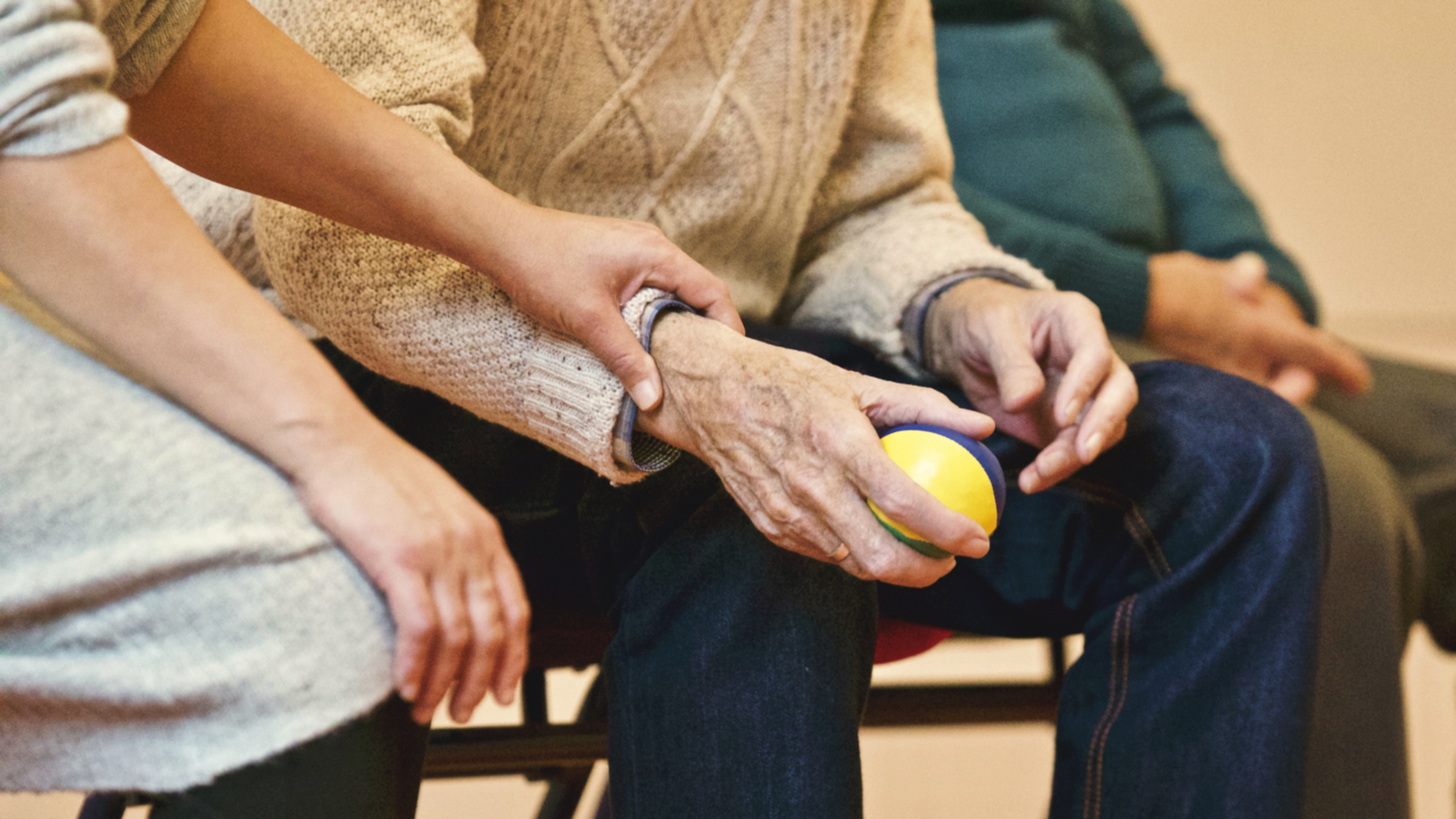
Less than 0.5% of the United States population lives in nursing homes, but nursing home residents have accounted for nearly half of COVID-19 deaths in America. As nursing homes continue to battle outbreaks and lockdowns, long standing structural and financial issues are coming to light.
In JAMA, professor of health care policy David C. Grabowski, PhD, and Florence Pirce Grant University Professor and Professor of Health Services, Policy and Practice at the Brown University School of Public Health Vincent Mor, PhD, investigate ways to alleviate these strains during the COVID pandemic and beyond.
In the short term, nursing homes must focus on offering high quality care while providing safe environments for their staff and patients. Readily available testing, personal protective equipment, training, and support should be available for all staff. In lieu of mandating nursing homes to admit recovering COVID-19 patients, separate post-acute care facilities could be created to accept these patients.
In the longer term, a major reason that nursing homes are struggling right now is the way in which nursing home care is financed. Nursing homes predominantly care for two groups: post-acute Medicare patients and long-stay Medicaid residents. Medicare is a generous payer, while Medicaid often pays below the cost of caring for these frail and medically complex individuals. As elective surgeries have decreased during the pandemic, fewer short-term patients are being admitted, leaving nursing homes unable to subsidize the lower payments they receive from long-term residents on Medicaid. Moving forward, the authors argue that nursing home payment must be adjusted such that Medicare rates are brought back in line with costs and Medicaid pays a higher rate commensurate with the costs of delivering high-quality care.
Another payment issue is the fragmentation in coverage of nursing home and medical services for long-stay nursing home residents. Many of these individuals are dually eligible in that Medicaid covers their nursing home care while Medicare covers all their health care including physician and hospital services. The authors argued that models are needed that integrate medical care with the social needs of the residents.
These efforts and changes must extend past the COVID-19 pandemic to enable nursing homes to provide a high quality of care for their short- and long-term patients.